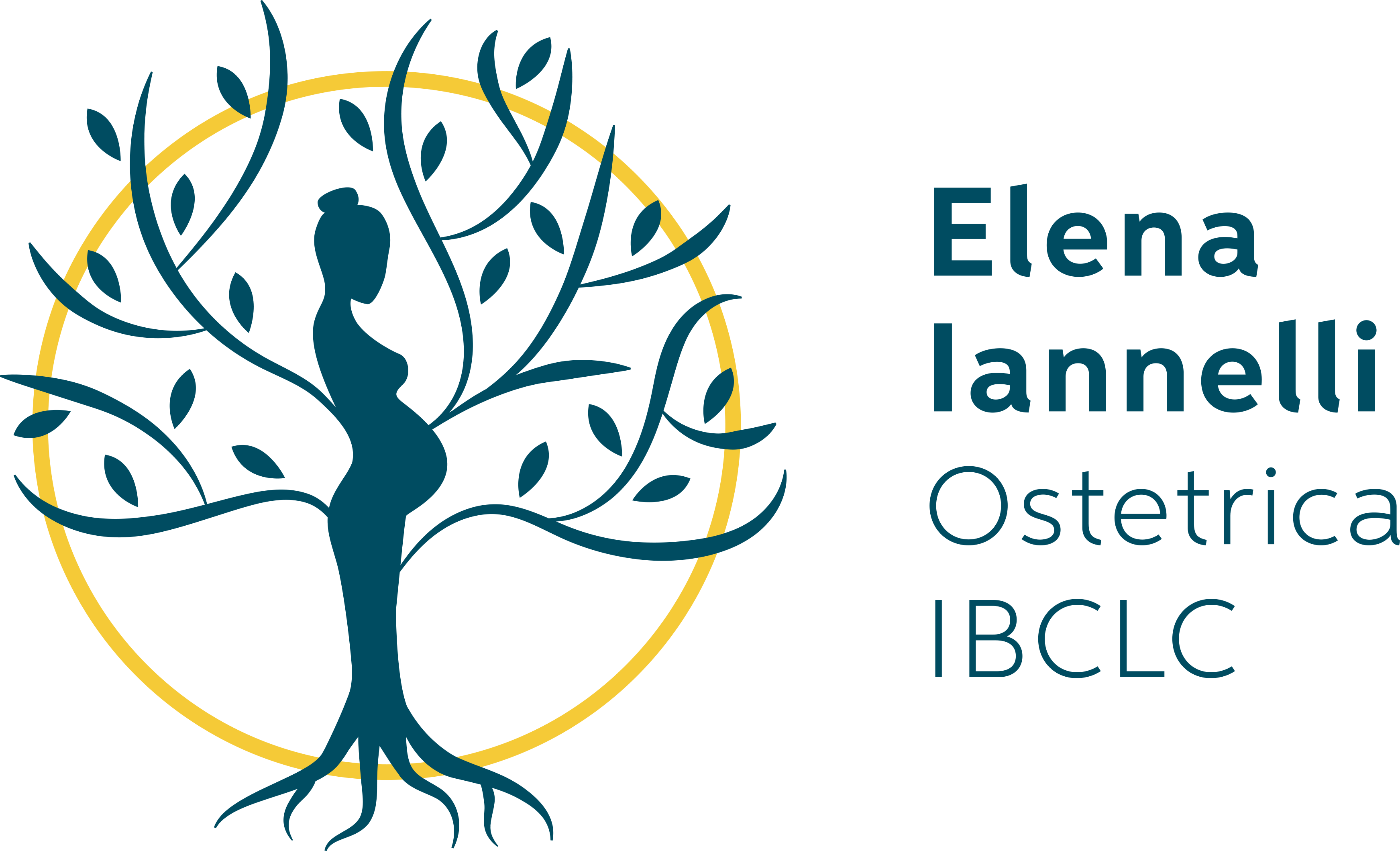Breastfeeding: getting off the best start

10 tips for new mums
Breastfeeding is a fundamental right of children and it is their mothers’ right to be supported in fulfilling their desire to breastfeed.
Besides being an ideal source of nourishment, breastfeeding creates a special bond between mother and baby. However, starting to breastfeed is a process that can require preparation and patience. In this article, we will explore the basics of how to best start breastfeeding, providing useful tips and information for mothers who wish to breastfeed their babies.
Practical Tips
- Start skin-to-skin contact in the delivery room or as soon as possible.
- Let the baby explore the breast and attach whenever he/she wants.
- The ideal time to start breastfeeding is when the baby is most active, i.e. in the first two hours after delivery.
- Keep the baby in the room with you and not in the nursery.
- Offer the breast as often as possible and at the very first feeding cues (see another article on my blog: How do I know if I am producing enough milk?).
- The key thing to remember is that the more often the baby sucks, the more breast milk is produced. The first 72 hours are extremely important to start a good milk production.
- In the first weeks of your baby’s life, feedings vary from 8 to 12 times a day and will probably not have a precise “rhythm” or regularity, it will come with time.
- Do not give dummies and/or bottles in the first 4 weeks.
- If absolutely necessary, small additional feedings can be given with a syringe without a needle, a teaspoon or a small glass.
- Seek out support from a lactation consultant if you are experiencing difficulties. Often a visit or even a telephone consultation can clarify doubts and fears.
And above all, relax and do not put yourself under pressure!
Information and preparation
Before giving birth to your baby, it is essential to get informed about breastfeeding. Attending antenatal classes and seeking reliable information online or through lactation consultants can help you better understand the process. Knowing the benefits of breastfeeding for you and your baby can motivate you to persevere.
Family and social support
Involving your partner and family in the decision to breastfeed is essential. Explain to them the benefits and your desire to do so. The emotional and practical support of your loved ones can help you overcome initial challenges.
Finding a lactation consultant
A professional lactation consultant can provide expert support during the first days and weeks of breastfeeding. They can answer your questions, help you get the correct position of your baby at the breast and address or prevent any problems that may arise.
Correct position and attachment
Correct position and attachment are crucial for problem-free breastfeeding. Make sure you position your baby so that you do not have pain when he or she is latched on. Ask hospital staff for support from the very first hours after birth.
Frequent breastfeeding
Frequent breastfeeding helps establish milk production and satisfy your baby’s appetite. During the first few days, your baby may want to be attached to the breast every 1-3 hours. Do not limit feedings, let your baby latch on when he or she needs it.
Recognising your baby’s signals
Learn to recognise your baby’s cues that indicate hunger. Crying is a late feeding cue, so look for earlier signs, such as mouth movements, stretching, licking lips or reaching for the breast with the head.
Dealing with initial discomfort
It is common to experience initial discomfort during breastfeeding, such as sore breasts or engorgement. Knowing how to recognise a physiological situation from one that requires support is very important, which is why getting information about breastfeeding as early as pregnancy will help you.
Ask for help when needed
If you experience problems with breastfeeding, do not hesitate to ask for help. Contact a lactation consultant to address any problems or concerns that may arise.
Being patient
Breastfeeding takes time to settle in and can be a challenge in the beginning. Be patient with yourself and your baby, and remember that many mothers face initial difficulties but manage to overcome them with time.
In conclusion, breastfeeding is an act of love and nurturing that requires commitment and preparation. With the right information, support and patience, you can start breastfeeding in the best possible way for you and your baby, creating a special bond that will last a lifetime.

